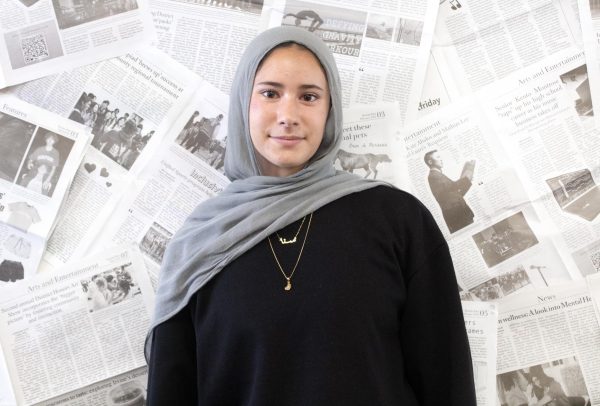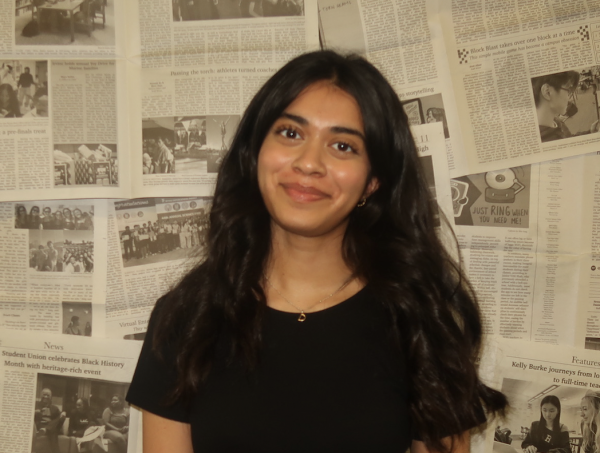From policy to programming, several teachers are swapping out their usual lesson plans for fresh opportunities in the classroom next year, bringing in new subjects and student experiences.
Social studies teacher Wind Ralston will be replacing his sophomore Honors American History class with AP Government and Economics. As his schedule is often stacked with AP United States History periods, Ralston is looking forward to having new content.
“I’ve been teaching American history for eight years at Portola, so it’s time for a change,” Ralston said. “I was actually a political science major, and I’ve taught government in summer school, so I know the content. I enjoy the content, so it’s just a good fit.”
AP Chemistry and AP Physics 1 teacher Christian Quinteros will be teaching sophomore Chemistry and Pharmacy Tech, a class he has been developing for two years.
“The process to request a new class takes quite a while,” Quinteros said. “First, it has to be approved by the admin, there has to be student interest, and there has to be a way to fund the class. I actually got a grant for this class, and that’s how it’s moved to fruition. And with that, [there is] a whole bunch of red tape in terms of getting those funds released, and that’s why it’s taken two years for it to actually be established.”
In addition to gaining approval from the district and gathering funding, proposing a new class requires identifying which textbook or online platform will source the curriculum to ensure that the course is up to the district’s standards, as well as choosing the instructors, according to science teacher Ryan Johnson.
“There’s also the practical issue of who is going to teach [the class],” Johnson said. “Since I have a credential in engineering teaching as well as the training courses that I took, I’m qualified to teach the class, but other teachers who get a CTE engineering credential could also teach a course like that in the future if they do the training.”
Johnson has been working with the nationwide project Lead the Way to introduce Digital Electronics and Honors Engineering Design and Development, attending teacher training sessions that teach what resources are needed and what projects are engaging to students. He is excited to teach unique classes that provide valuable, hands-on experiences for prospective engineers and curious students alike.
“I’ve heard from other teachers of these engineering classes in Project Lead the Way that Digital Electronics is the most important engineering course that they’ve taken, even when they’ve gone on one to study engineering in college or become professional engineers,” Johnson said. “So it has direct relevance to everything with an electronic device inside of it, which is pretty much everything.”





